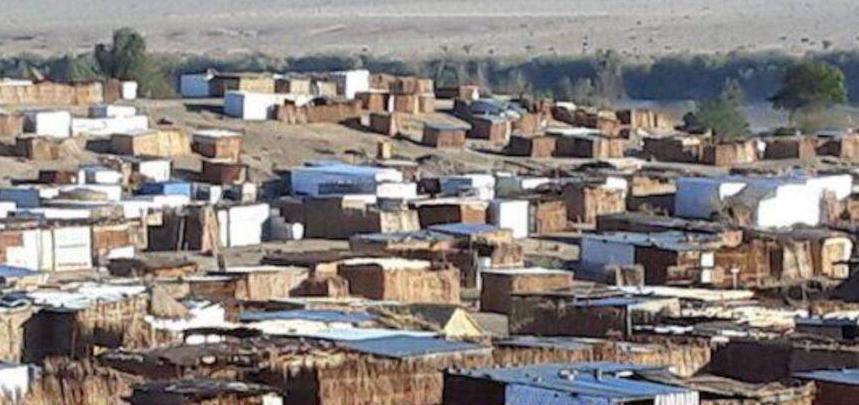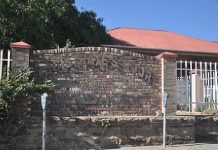Africa-Press – Namibia. THE National Council Standing Committee on Transport, Infrastructure and Housing has expressed serious concern over the deplorable living conditions of grape farm workers in Aussenkehr, //Kharas Region, revealing that their shelters are not only unhygienic but also constructed from highly flammable materials.
This concern was outlined in the National Council’s Report of the Standing Committee on Transport, Infrastructure and Housing, which examined the extent to which housing policies and programmes implemented by local authorities promote the delivery of affordable land and housing to the urban poor and landless citizens.
According to the report, many grape farm workers in Aussenkehr live in makeshift shelters constructed from Orange River reeds under poor hygienic conditions. The Committee warned that these shelters pose significant safety risks, as the reed material is highly flammable.
“Due to the high demand for labour in the grape industry, Aussenkehr attracts thousands of seasonal workers from across Namibia. This population influx has created acute housing shortages and infrastructure pressures,” the Committee added.
The Committee further observed that infrastructure development in the area has been delayed unnecessarily, despite the availability of central government funding channelled through the //Kharas Regional Council, which serves as the oversight body for such projects.
“The Committee, in the presence of the Ministry of Urban and Rural Development and the //Kharas Regional Council, inspected government-funded projects, including water tanks, pump systems and water network infrastructure at Aussenkehr and Noordoewer. The contractor responsible for the 2014 water and sewer infrastructure explained that the project had been abandoned, leading to vandalism and the destruction of key facilities. This was compounded by the lack of community engagement during project planning. Most infrastructure in Aussenkehr remains semi-serviced and non-functional, hindering service delivery,” the report added.
The Committee further acknowledged renewed government efforts to revive Aussenkehr, including the construction of a school and a health facility. However, the committee emphasised that for these facilities to become operational and sustainable, reliable water and sanitation infrastructure must first be established.
The report therefore urged the responsible authorities to expedite the completion of sewer and water reticulation systems to improve the living conditions of residents in Aussenkehr.
For More News And Analysis About Namibia Follow Africa-Press






